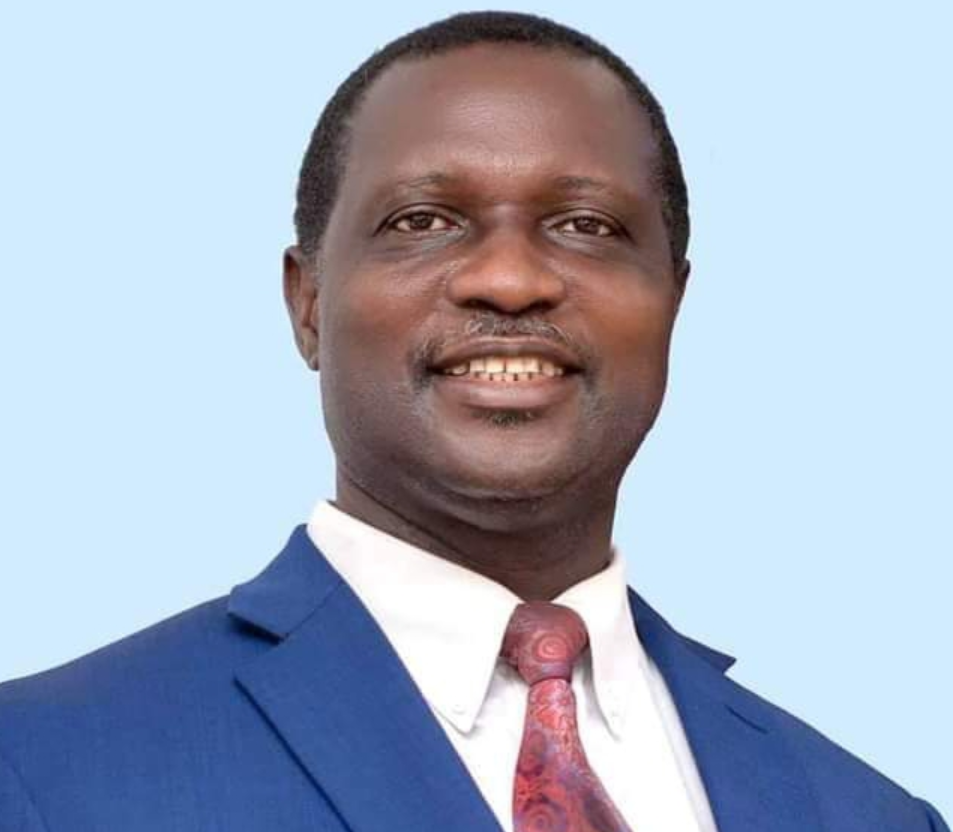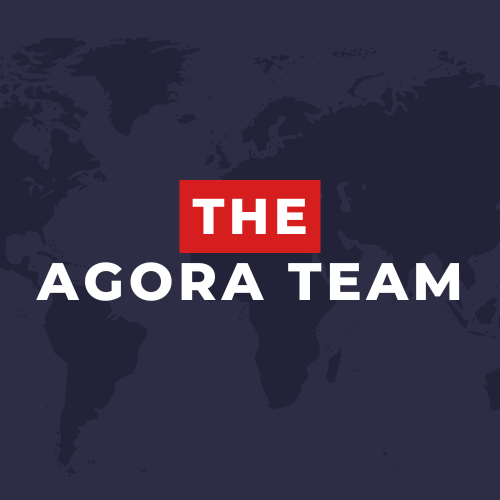Government Initiates Transformation of Basic Schools in Ghana – Dr. Adutwum

In a determined move to revolutionize basic education in Ghana, the Minister for Education, Dr. Yaw Osei Adutwum, has affirmed that the government is taking significant steps to enhance learning environments in schools across the country. This transformative effort includes the construction of modern classrooms designed to meet the needs of 21st-century students.
Speaking at a forum with members of the clergy in Kumasi, Dr. Adutwum emphasized that it is unacceptable for children to study in rundown classrooms, stressing the need to invest in modern infrastructure for a conducive learning atmosphere. “We cannot educate 21st-century children in 19th-century buildings and expect 21st-century outcomes,” he asserted.
The forum provided a platform for Dr. Adutwum to outline Ghana’s educational journey since 2017, showcasing policy interventions that have brought progress and reform to the sector. In his address, the Minister highlighted the ongoing construction of state-of-the-art classrooms across Ghana, intended to replace outdated and unsafe facilities, and announced that 81 new classrooms would be inaugurated nationwide within the next two weeks.
Dr. Adutwum underscored the importance of prioritizing education infrastructure if Ghana hopes to achieve a similar transformative impact that nations like Singapore and South Korea attained through educational investment. He showcased evidence of completed projects nationwide, demonstrating the government’s commitment to practical and immediate improvements.
Beyond infrastructure, the Minister shared insights into the Ministry’s strategy to affiliate underperforming schools with Grade A institutions to foster mentorship and best practices. He noted that while private schools have managed to consistently deliver quality education through modern facilities, the government is committed to ensuring that public schools rise to the same standard.
Reforms in the curriculum are also part of the transformation agenda, with an emphasis on embedding critical thinking in both basic and senior high school levels. Dr. Adutwum revealed ongoing discussions with the West African Examination Council (WAEC) to incorporate critical thinking questions in exams such as the BECE and WASSCE. Although this shift may challenge students initially, the Minister believes it will be instrumental in developing problem-solving skills.
To strengthen Science, Technology, Engineering, and Mathematics (STEM) and Technical and Vocational Education and Training (TVET) education, Dr. Adutwum shared plans for two STEM Colleges of Education being constructed in Tepa, Ashanti Region, and Karaga, Northern Region. These colleges will support the production of skilled graduates who can thrive in the evolving job market of the fourth industrial revolution.
Dr. Adutwum credited the government’s efforts since 2017 with laying a solid foundation for education reform and urged that a sustained commitment would further benefit the nation’s youth and ensure continuity in these transformative policies.
The Most Rev. Daniel Yinkah Sarfo, Retired Bishop of the Kumasi Diocese of the Anglican Church, commended Dr. Adutwum for his leadership and dedication to advancing education. He remarked that education is the cornerstone of national development and encouraged support for government initiatives prioritizing education.
Echoing this sentiment, Rev. Victor Kusi Boateng, Founder of Power Chapel Worldwide, where the forum took place, described Dr. Adutwum’s presentation as an inspiring testament to the government’s commitment to educational excellence. He urged Ghanaians, particularly the clergy, to support policies that are beneficial for national development, emphasizing the role of education in shaping Ghana’s future.



